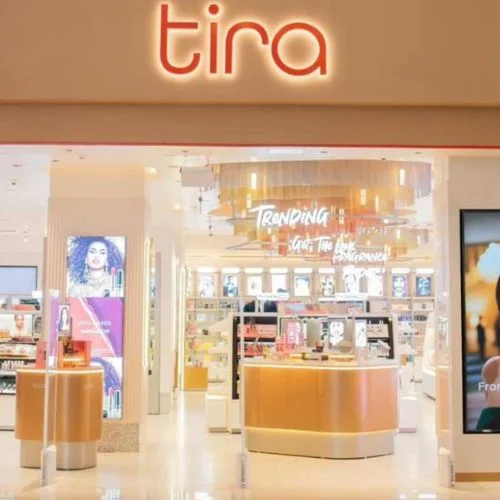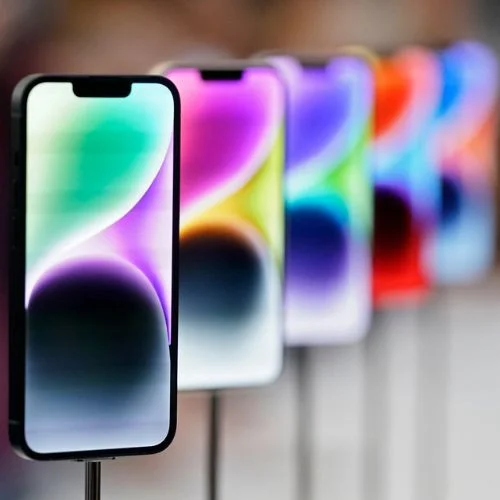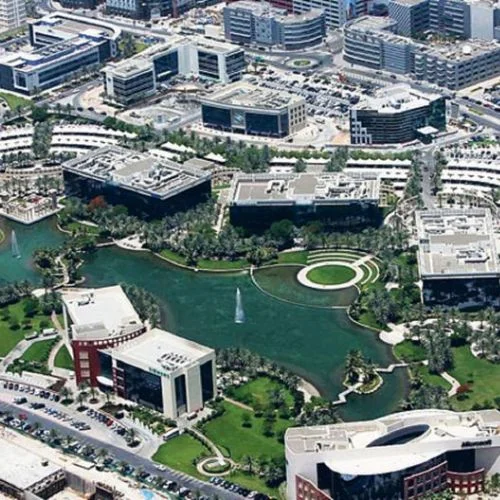According to a LocalCircles poll, the majority (90%) of urban consumers in India want food and beverage businesses to declare the usage of artificial sweeteners, if relevant, on the front of the box.
According to study results, 38% of urban Indians use artificial sweeteners, and 1 in 3 do so monthly in the form of diet soda or chewing gum. The results of the poll showed that ice cream and sugar-free chocolates are among the other most popular items among customers who use artificial sweeteners.
The poll was conducted after the World Health Organisation (WHO) published its results on the aspartame risk and hazard assessment.
Aspartame was categorized as probably carcinogenic to humans (Group 2B) by the WHO’s cancer research arm International Agency for Research on Cancer (IARC) based on “limited” evidence for cancer in humans. Aspartame consumption within permitted daily limits has been deemed safe by the Joint Expert Committee on Food Additives (JECFA).
Non-sugar sweeteners (NSS) should not be used to regulate body weight or lower the risk of non-communicable illnesses, according to WHO recommendations published in May.
More than 23,000 respondents from consumers in 295 districts throughout India responded to the LocalCircle study. Of them, 42% came from Tier 1, 34% from Tier 2, 24% from Tier 3, and 24% from Tier 4 and rural regions. The poll measured consumer perceptions of artificial sweeteners and patterns of intake.
“It must be noted here that a large number of products are available in the market now, which by default contain artificial sweeteners and are being heavily consumed by not only adults but even children. Recently, it was reported on LocalCircles how a globally popular health sports drink was regularly being consumed by children 7-18 in Indian metros,” it said.
To assist customers in making an educated choice, the health authority should require producers of such items to indicate consumption of non-sugar sweeteners on the front of the box, according to LocalCircles.















